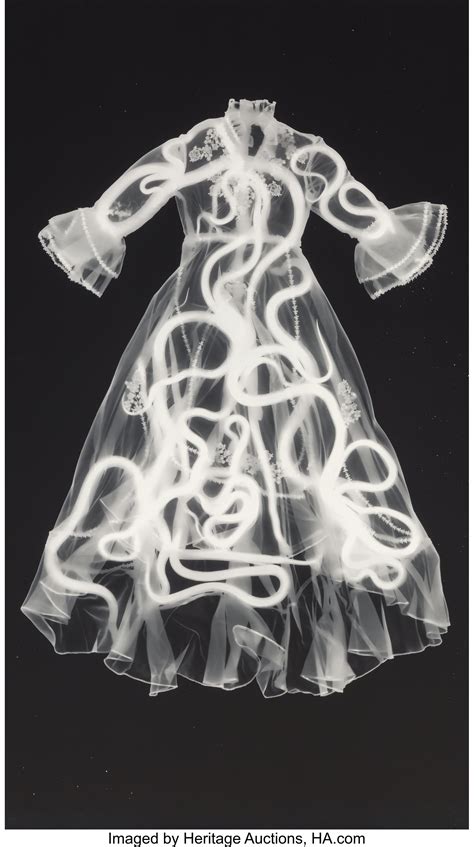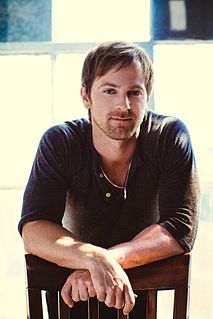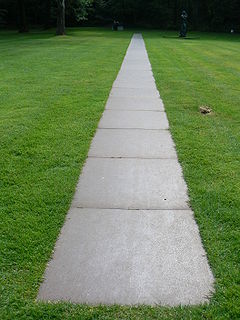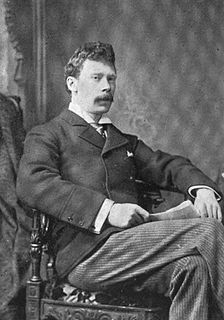A Quote by Oliver Sacks
One might say that science itself, and civilization and art, are all about different orderings of the world - to contain it, and to make it in some sense intelligible, communicable. And bearable.
Related Quotes
The aim of science is to apprehend this purely intelligible world as a thing in itself, an object which is what it is independently of all thinking, and thus antithetical to the sensible world.... The world of thought is the universal, the timeless and spaceless, the absolutely necessary, whereas the world of sense is the contingent, the changing and moving appearance which somehow indicates or symbolizes it.
Science fiction is the most important literature in the history of the world, because it's the history of ideas, the history of our civilization birthing itself. ...Science fiction is central to everything we've ever done, and people who make fun of science fiction writers don't know what they're talking about.
The remarkable insights that science affords us into the intelligible workings of the world cry out for an explanation more profound than that which itself can provide. Religion, if it is to take seriously its claim that the world is the creation of god, must be humble enough to learn from science what that world is actually like. The dialogue between them can only be mutually enriching.
Therefore, the two processes, that of science and that of art, are not very different. Both science and art form in the course of the centuries a human language by which we can speak about the more remote parts of reality, and the coherent sets of concepts as well as the different styles of art are different words or groups of words in this language.
When we talk about the Judeo-Christian or the Judeo-Muslim tradition, it's important to remember that we are speaking of a Jewish component of civilization, but not in itself a civilization. What is happening now in Israel is that you have a coming together of Jews from the Christian world and Jews from the Muslim world with different cultures.
I was attracted to photography because it was technical, full of gadgets, and I was obsessed with science. But at some point around fifteen or sixteen, I had a sense that photography could provide a bridge from the world of science to the world of art, or image. Photography was a means of crossing into a new place I didn't know.
We're at a time now where there's a lot more "I'll do whatever it takes" attitude. I'm not going to say or do what you want me to say or do just because it might help me or be the politically correct thing to do to help my career. And that may have hurt me sometimes. I think about different collaborations that have been brought my way - it might have meant I'd get to be on TV to do certain things, but I've said, "No. It doesn't make sense. I'm not doing it." And other people might jump at the opportunity.
It does no one any good to say their novel sucks if you don't have an idea how to make it better, how to approach it from different angles and make it work. It's obviously a subjective process, right? But the thing about subjectivity, at least in the classroom, is that you're banking on your professor's subjectivity to be both personal and professional - that he or she has some sense about the world outside the workshop.
One might say the computer is being used to program the child. In my vision, the child programs the computer, and in doing so, both acquires a sense of mastery over a piece of the most modern and powerful technology and establishes an intense contact with some of the deepest ideas from science, from mathematics, and from the art of intellectual model building.
Ares always reemerges from the chaos. It will never go away. Athenian civilization defends itself from the forces of Ares with metis, or technology. Technology is built on science. Science is like the alchemists' uroburos, continually eating its own tail. The process of science doesn't work unless young scientists have the freedom to attack and tear down old dogmas, to engage in an ongoing Titanomachia. Science flourishes where art and free speech flourish.
Good art means the ability of any one man to pin down in some permanent and intelligible medium a sort of idea of what he sees in Nature that nobody else sees. In other words, to make the other fellow grasp, through skilled selective care in interpretative reproduction or symbolism, some inkling of what only the artist himself could possibly see in the actual objective scene itself.
True art and true science possess two unmistakable marks: the first, an inward mark, which is this, that the servitor of art and science will fulfil his vocation, not for profit but with self- sacrifice; and the second, an external sign, his productions will be intelligible to all the people whose welfare he has in view.
In thinking of light, if we can think about what it can do, and what it is, by thinking about itself, not about what we wanted it to do for other things, because again we've used light as people might be used, in the sense that we use it to light paintings. We use it to light so that we can read. We don't really pay much attention to the light itself. And so turning that and letting light and sound speak for itself is that you figure out these different relationships and rules.
The everyday world, as Kant proved, is mere appearance. But it is also the only world in which we can make sense of the idea of a plurality of distinct individuals. We can only distinguish things as different if they occupy different regions of space-time. It follows (a point Kant missed but which the mystics have always understood) that reality 'in itself' is 'beyond plurality' and is, in that sense, 'One'.
You might say that a creative person is a person who simply has a desire to have something, to add something to the world that's not there yet, and goes about arranging fort that to happen. When you desire a work of art and make it, you've added to the stock of art in the world. Artists are one of the people who can do that: add to the stock of things.





































